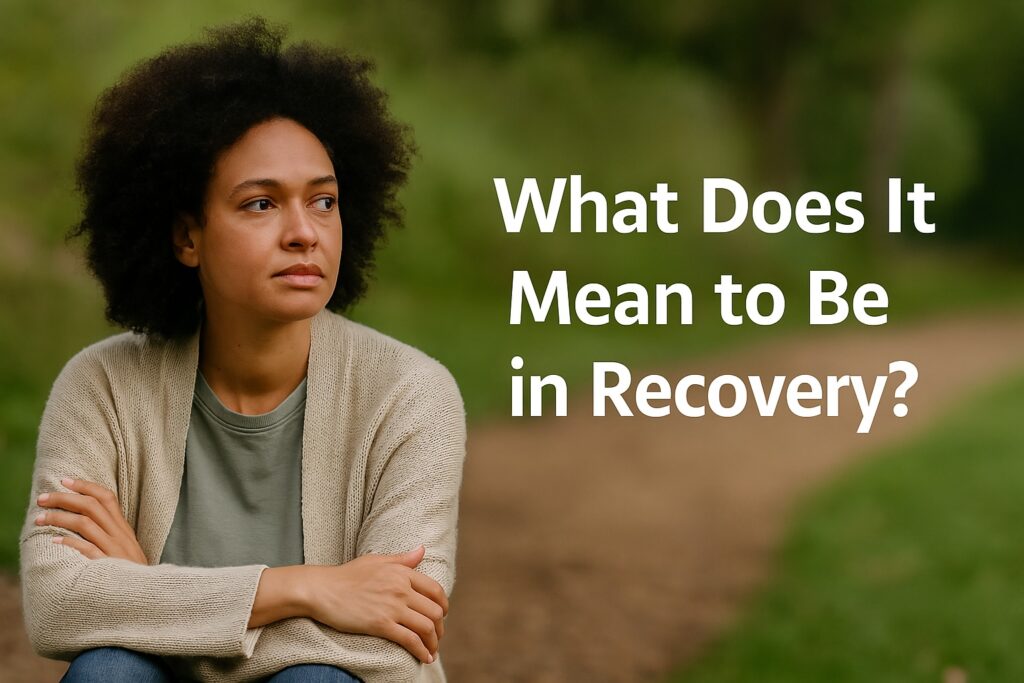Understanding the Journey Beyond Sobriety
Recovery is a Journey—Not Just a Destination
If you’ve ever wondered, “What does it really mean to be in recovery?”—you’re not alone.
Whether you’re in early sobriety, thinking about starting treatment or supporting someone you care about, it’s natural to have questions. Many people assume recovery just means staying sober. But recovery is far more than that—it’s about healing the mind, body, and spirit, creating a life of meaning, and learning to navigate challenges in healthier ways.
At 7 Summit Pathways in Tampa, FL, we help individuals from all walks of life define what recovery means for them. Let’s explore the broader meaning of recovery and what it can look like in real life.
What Is Recovery?
Recovery is a personal process of growth and change, not a one-size-fits-all path.
According to SAMHSA, recovery is:
“A process of change through which individuals improve their health and wellness, live a self-directed life, and strive to reach their full potential.”
In other words, it’s not just about quitting drugs or alcohol—it’s about:
- Rebuilding your relationships
- Creating healthier routines
- Managing emotions without substances
- Finding purpose and peace
- Learning how to thrive, not just survive
Recovery also includes mental health stability, especially for those with co-occurring disorders.
Learn more about our Dual Diagnosis Treatment
Recovery vs. Sobriety
Sobriety is often part of recovery, but they’re not the same. Sobriety typically refers to abstinence from drugs or alcohol. Recovery is a broader, deeper process.
For example, someone may be sober but still struggling with:
- Depression
- Emotional triggers
- Trauma
- Unhealthy coping mechanisms
On the other hand, someone in recovery is working toward overall wellness—physically, emotionally, and socially.
What Recovery Can Look Like Day to Day
Recovery is not about perfection—it’s about progress. Everyone’s day-to-day recovery will look a little different, but here are some common elements:
- Attending therapy, support groups, or aftercare programs
- Practicing healthy habits like exercise, sleep, and journaling
- Reconnecting with loved ones and setting healthy boundaries
- Coping with stress without turning to substances
- Continuing personal growth—through spirituality, hobbies, or service
Explore: The Value of Journaling for Mental Health
Different Paths to Recovery
Not everyone’s recovery looks the same—and that’s okay. At 7 Summit Pathways, we support all recovery models, including:
1. 12-Step Recovery
Programs like AA or NA that provide structure, accountability, and community.
2. Holistic Recovery
An approach that treats the whole person—mind, body, and spirit—using therapies like mindfulness, nutrition, yoga, and more.
Learn about Holistic Therapy
3. Medication-Assisted Treatment (MAT)
Using FDA-approved medications (like Suboxone or Vivitrol) alongside therapy for those with opioid or alcohol addiction.
Recovery is valid, whether you’re abstinent, using MAT, or still learning how to manage triggers. What matters is commitment, growth, and support.
Why Defining Recovery Matters
When people understand that recovery isn’t just about abstaining—it’s about becoming whole again—they feel less shame and more hope.
If you’re asking these questions, you’re already doing the work. You’re already starting recovery.
Ready to go deeper? See our Mental Health Treatment Services
Mental Health and Addiction Recovery in Tampa, FL
At 7 Summit Pathways in Tampa, we believe recovery should reflect the whole person—not just their substance use history. That’s why we offer a range of evidence-based and holistic therapies designed to support every part of your journey.
Whether you’re transitioning out of rehab or starting your recovery at home, we’ll meet you where you are—with compassion, flexibility, and expertise.
You Deserve to Feel Whole Again
If you’re wondering what it means to be in recovery, the truth is: you get to define it. And you don’t have to figure it out alone.
Let our team at 7 Summit Pathways in Tampa, Florida, help you discover what a healthy, meaningful life in recovery looks like for you.
Contact Us Today or call (813) 212-8129 to take the next step.

